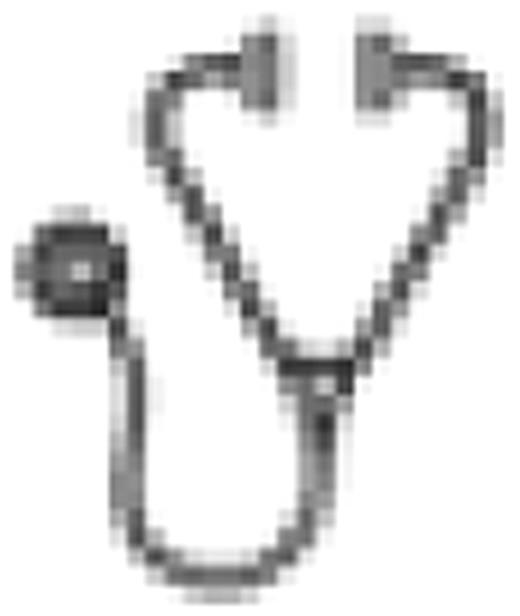Abstract
D variant is a common phenotype in Africans. However, the allele multiplicity challenges the serological methods which often fail to detect D variant patients in such populations. Recently, two cases of strong anti-D allo-immunization occurred in our blood bank in ccDee patients who received transfusions with Rh positive red blood cells. The D phenotype of these patients was determined using two different monoclonal and one polyclonal anti-D antibodies, with normal agglutination (4+) observed. Considering these results, we decided to investigate the prevalence of D variant for the ccDee patients of our cosmopolitan population. The aim of this study was to determine whether ccDee blood recipients should systematically undergo molecular screening for D variant prior to transfusion in order to avoid anti-D allo-immunization.
Fresh EDTA blood from 35 ccDee patients (22 Africans and 13 Europeans) was analyzed using both serological and molecular methods. Serological characterization was performed using two monoclonal and one human polyclonal anti-D antibodies. In addition, each sample was tested using an extended partial RhD typing set from Diamed (consisting of 12 monoclonal antisera). Molecular determination was performed using two polymerase chain reactions with sequence-specific priming (PCR-SSP) kits intended to diagnose either partial D or weak D phenotypes (BAGene, BAG, Lich, Germany).
Among the 35 patients screened, discordant results between serological and molecular methods were found in 12. While serological tests revealed a normal D phenotype for these patients with all anti-D antibodies tested, molecular tests diagnosed them as D variant (nine were DAU; two were weak D types 4.0 and 4.1; one was DAR). As expected, the vast majority (9/12) of these patients were of African descent. No discordance between serological and molecular screening was observed for the rest of the screened population (23 patients).
Our study reveals that approximately one-third (12/35) of our ccDee patients present a D variant genotype despite normal serological results. It emphasizes the fact that transfusion of Rh positive red blood cells to ccDee patients (mainly of African origin) requires precautionary measures. Molecular D variant screening in ccDee patients should be performed in order to improve the handling of transfusions in ccDee patients.
No relevant conflicts of interest to declare.

This icon denotes an abstract that is clinically relevant.
Author notes
Asterisk with author names denotes non-ASH members.

This feature is available to Subscribers Only
Sign In or Create an Account Close Modal